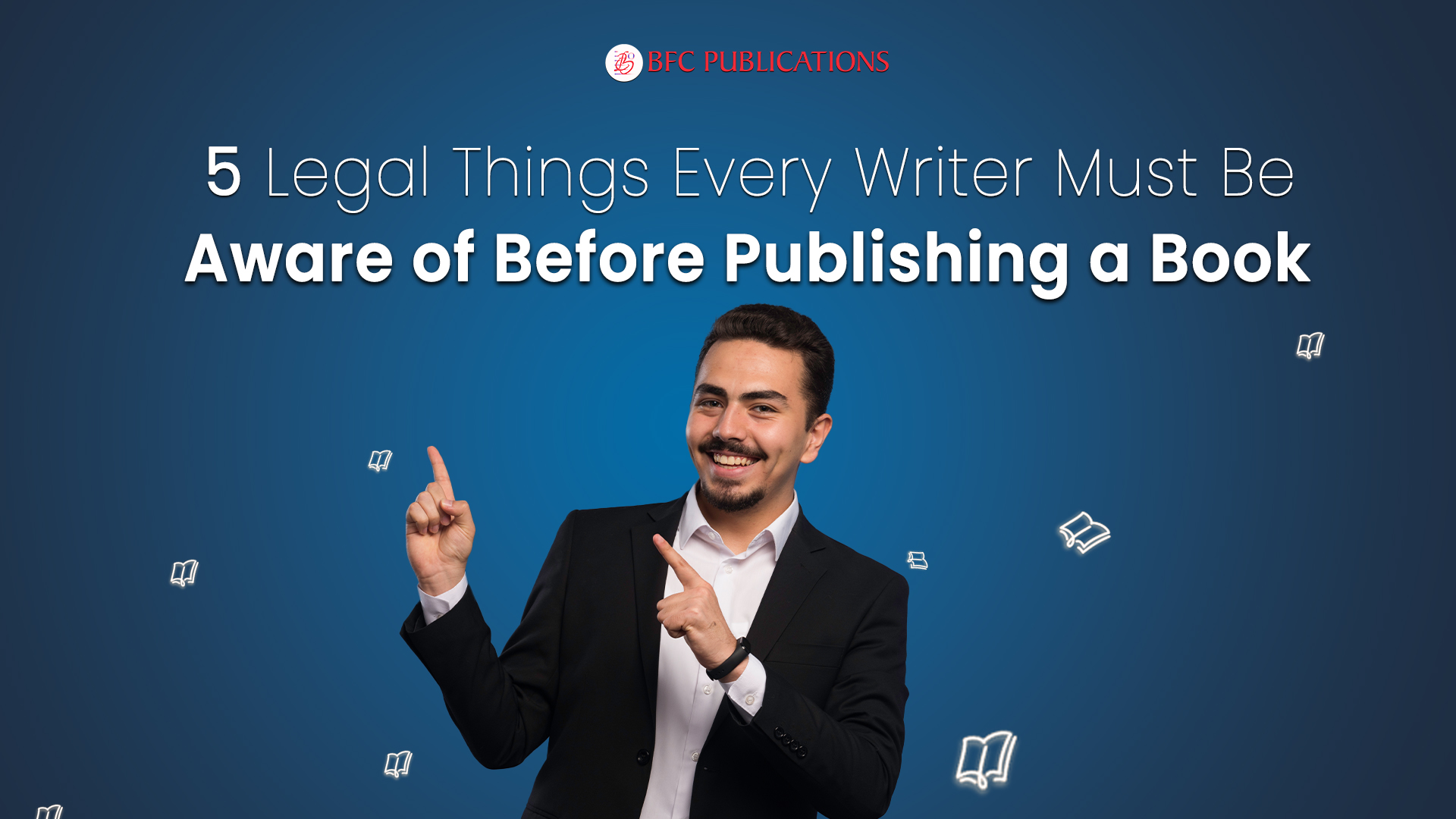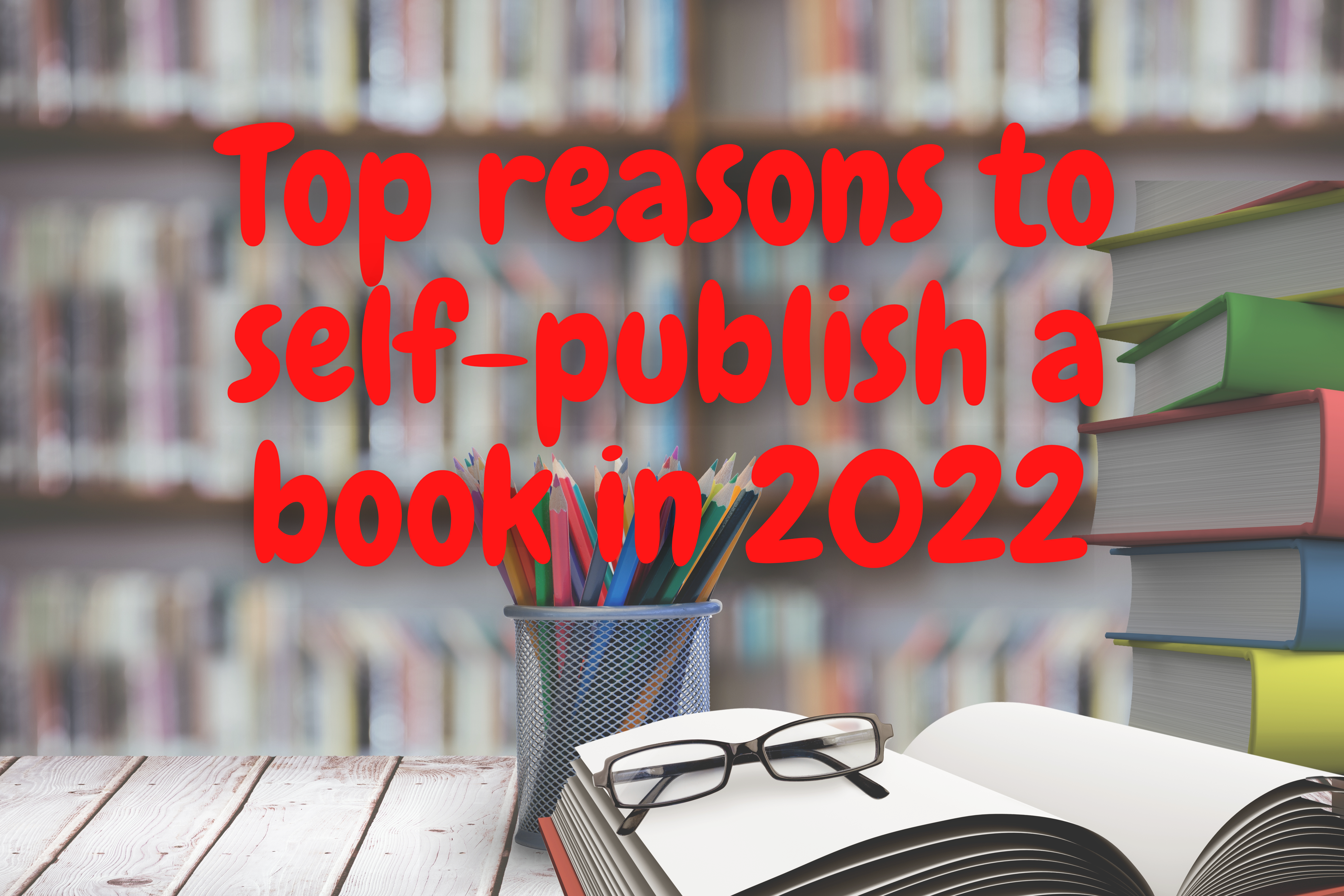
As a writer, getting your book published can be a thrilling experience. It’s a culmination of all the hard work and dedication you’ve put into your writing. It’s also a validation of your talent and creativity. However, the process of publishing a book involves more than just writing and editing. There are several legal considerations that writers must be aware of to avoid any legal complications down the line. To help you out, we’ve compiled a list of 5 legal things every writer must be aware of before publishing a book.
Copyright Violation
As a writer, it is important to be aware of legal issues before publishing a book, especially when it comes to copyright violation.Copyright is a legal right that grants the creator of an original work exclusive rights to use, distribute, and sell that work. Writers must understand that copyright laws protect their work from being copied or plagiarised without permission. To avoid copyright issues, writers should always seek permission from the original creator before using any text, images, or other media in their work. Additionally, it is advisable to register their own work with the copyright office to protect their intellectual property rights.
Plagiarism
Plagiarism is one of the most important legal issues that every writer must be aware of before publishing a book. Plagiarism refers to the act of using someone else’s words or ideas without giving them appropriate credit. It is illegal and can result in serious legal consequences, including fines, lawsuits, and even imprisonment. As a writer, ensuring that all of your writing is original and that you have not unintentionally or intentionally copied anyone else’s work is crucial. To avoid plagiarism, it is important to properly cite any sources that you have used in your writing and to be vigilant about not using someone else’s words or ideas without giving them credit.
Usage of Brand Names and Trademarks
Knowing the legal implications of using brand names and trademarks in your work is extremely important as a writer. While mentioning a real-life brand or product in your writing may seem harmless, doing so without permission can lead to legal challenges. Therefore, it is best to avoid using brand names and trademarks unless you have obtained explicit permission from the owner. If you do decide to use a brand name or trademark, it is important to ensure that you are using it in a way that will not cause confusion or dilute the brand’s value.
Defamation
Defamation is another legal issue that every writer must be aware of before publishing a book. Defamation refers to the act of damaging someone’s reputation through false statements. As a writer, it is important to ensure that you do not make any false statements about individuals or organisations in your book. If you do so, you may be sued for defamation, resulting in significant legal and financial consequences. Therefore, it is essential to verify all the information you include in your book and ensure that it is accurate and based on facts.
Writing on Controversial Subjects
An extremely important but often overlooked legal consideration that every writer must be aware of before publishing their book is writing on controversial subjects. Writing on controversial issues is often challenging, as it can be met with mixed reactions from the audience, impacting their reputation and credibility.
Whether it’s tackling a sensitive topic like religion or taking a stance on a political conflict, such writing is often considered bold and requires careful consideration of the potential consequences. However, it is important to remember that as writers, we have the freedom to express our thoughts and ideas on any subject matter as long as they do not infringe on the rights of others. Therefore, before publishing a book on a controversial topic, it is recommended to conduct proper research, consult with experts on the subject matter, and consider the potential legal implications. By doing so, writers can ensure that their work is well-informed, respectful, and legally compliant.
Final Words
In conclusion, publishing a book is an exciting milestone for any writer, but it comes with several legal considerations that must not be overlooked. Copyright violation, plagiarism, using brand names and trademarks, defamation, and writing on controversial subjects are some legal issues writers must be aware of before publishing their work. By being vigilant about these legal considerations, writers can ensure that their work is not only original, creative, and informative but also legally compliant. So, before publishing a book, take the time to research, seek permission, and consult with experts to avoid any legal complications down the line.
Please share your thoughts on this post by leaving a reply in the comments section. Also, check out our recent post on “Top 10 Self-Book Publishers in India.”







